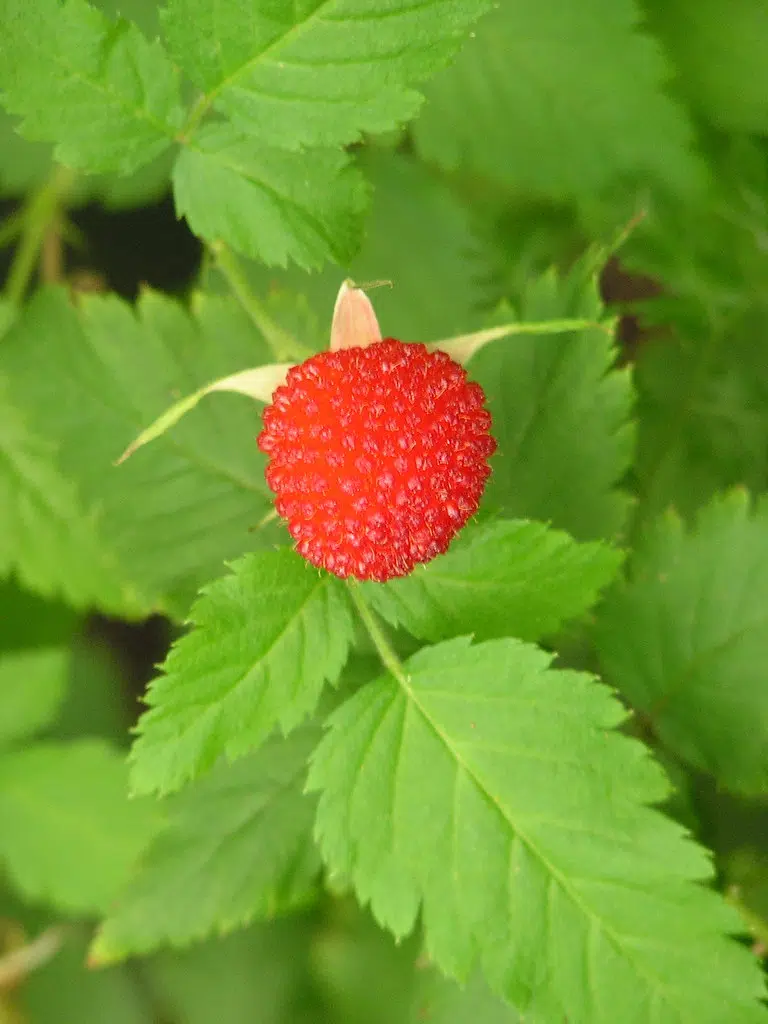Raspberry lovers could have something to look forward too.
The Provincial Long Cane Raspberry Project is testing a new way to grow raspberries that could extend the local growing season and allow Nova Scotians to enjoy their favourite fruit for longer periods. This could reduce the need for imported berries and help farmers address the increasing effects of climate change on locally grown crops.
The Nova Scotia Department of Agriculture provided the funding for this project which included the construction and planting of tall, caned raspberry plants in soilless pots in large semi permanent tunnels. This method of production is a cost-effective way to grow the crops and control the environment for plants without needing a greenhouse. The tunnels extend the berries growing season protecting them from harsh weather. The season for traditional field raspberries averages three weeks from mid July through the first week of August. This new method can provide fruit for up to four months from July until October.
The system will help to mitigate climate change by allowing for the collection of rainwater for irrigation and allow for precise control over the amount of timing of nutrient delivery to the plants. As the berries are not grown in traditional soil there are fewer risks for soil borne diseases.
Local MLA and Minister of Agriculture Greg Morrow says the province aims to have Nova Scotians spend 20 percent of their annual grocery bill on locally produced foods by 2030 and a longer raspberry growing season will help the province to reach that goal. Yesterday Morrow visited Vital Berry Farms in Sheffield Mills, one of the organizations that piloted the project to highlight the provincial investments. The project was also piloted by Webster Farms and is led by Horticulture Nova Scotia and Perennia.
The province has invested over $300.000 in this experiment over two years.










